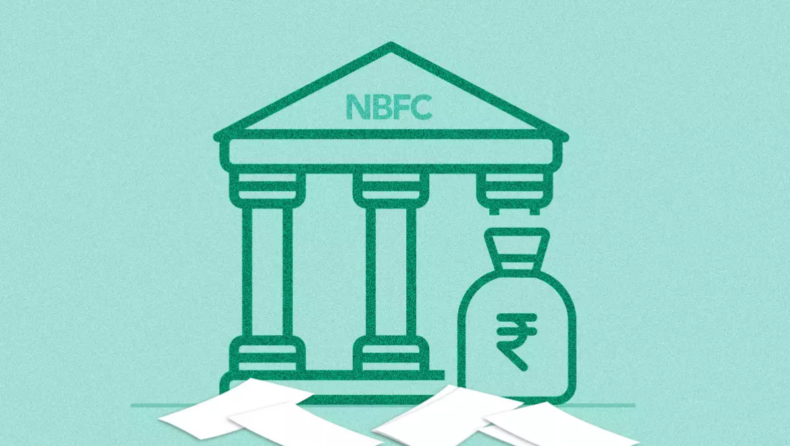Fintech firms predominantly utilized defunct NBFCs, which purportedly offered their RBI-issued license in exchange for a profit split ranging from 0.5% to 1%.
Highlights –
- People concerned about the ED inquiry said that these fintech firms spent over a million crores on loans, which they allegedly tried to recoup using telecallers.
- Chinese citizens had assumed functioning or directorial control of service provider firms and paid over funds to run these applications.
- Over Rs 700 crore was seized outright by this fintech under the premise of processing fees, and over Rs, 85 crores lived provided in the form of interest and penalty charges.
The Enforcement Directorate (ED) has reportedly set up proceeds of crime worth over Rs 800 crore as part of a lengthy plutocrat laundering investigation against 365 fintech and their non-banking fiscal firms (NBFCs) associates.
These advanced apps thrived during the Covid- 19 outbreak when many blue-collar workers lost their employment as the country went into lockdown. These businesses have been examined for some time.
According to people familiar with the ED probe, these fintech businesses provided loans totaling over 4,000 crores, after which they attempted to recoup the funds using telecallers.
The enterprises typically employed defunct NBFCs, which purportedly rented their RBI-issued license in exchange for a profit split ranging from 0.5% to 1%.
Chinese citizens had assumed operational or directorial control of service provider firms and given over funds to operate these applications.
People in the know claimed in a situation of anonymity that this fintech recovered almost Rs 700 crore of the loans disbursed under the pretext of processing fees and over Rs 85 crore in the state of stake and liability charges.
Payment gateways play a role
These advanced applications’ loan and post-recovery transactions were conducted through online payment gateways.
The ED summoned officers of Razorpay Software Pvt Ltd, Cashfree, and Paytm in February 2021.
According to reports, the testimony of Harshil Mathur, CEO of Razorpay, Vikas Garg, CFO of Paytm, and Akash Sinha, CEO of Cashfree, was later recorded.
Payment gateways handled all of these fintech organizations’ loan and recovery payment processes.
In the instance of Razorpay, almost 300 virtual accounts and the same number of related bank accounts were discovered.
These applications handled the whole transaction and were not regulated or overseen by the NBFCs.
Methods of operation
According to the investigation, the convicted lending organizations planned to build up contact centers across India.
Lending terms ranged from 7 to 60 days. Apps were deducting 15- 25 percent of the microloan at the time of disbursement as processing fees.
They’d demand exorbitant interest rates, as nicely as excessive processing fees and GST.
All contact information, prints, and personal information of the borrowers were obtained via the lending app and used to sanction the loan.
Calls would also be made to the borrower’s family members and musketeers, using foul language.
The ED’s investigation is founded on predicate offenses detailed in 40 FIRs filed by various state police agencies, including six cases of abetment to suicide lodged in Telangana.
The federal government has attached Rs 158 crore in assets held by four NBFCs, namely Kudos, Rhino, Acemoney, and Pioneer, in their bank and payment gateway accounts.
Read More – Automobiles may renew to rise; on dips, buy solid banks & IT firms – Asiana Times













